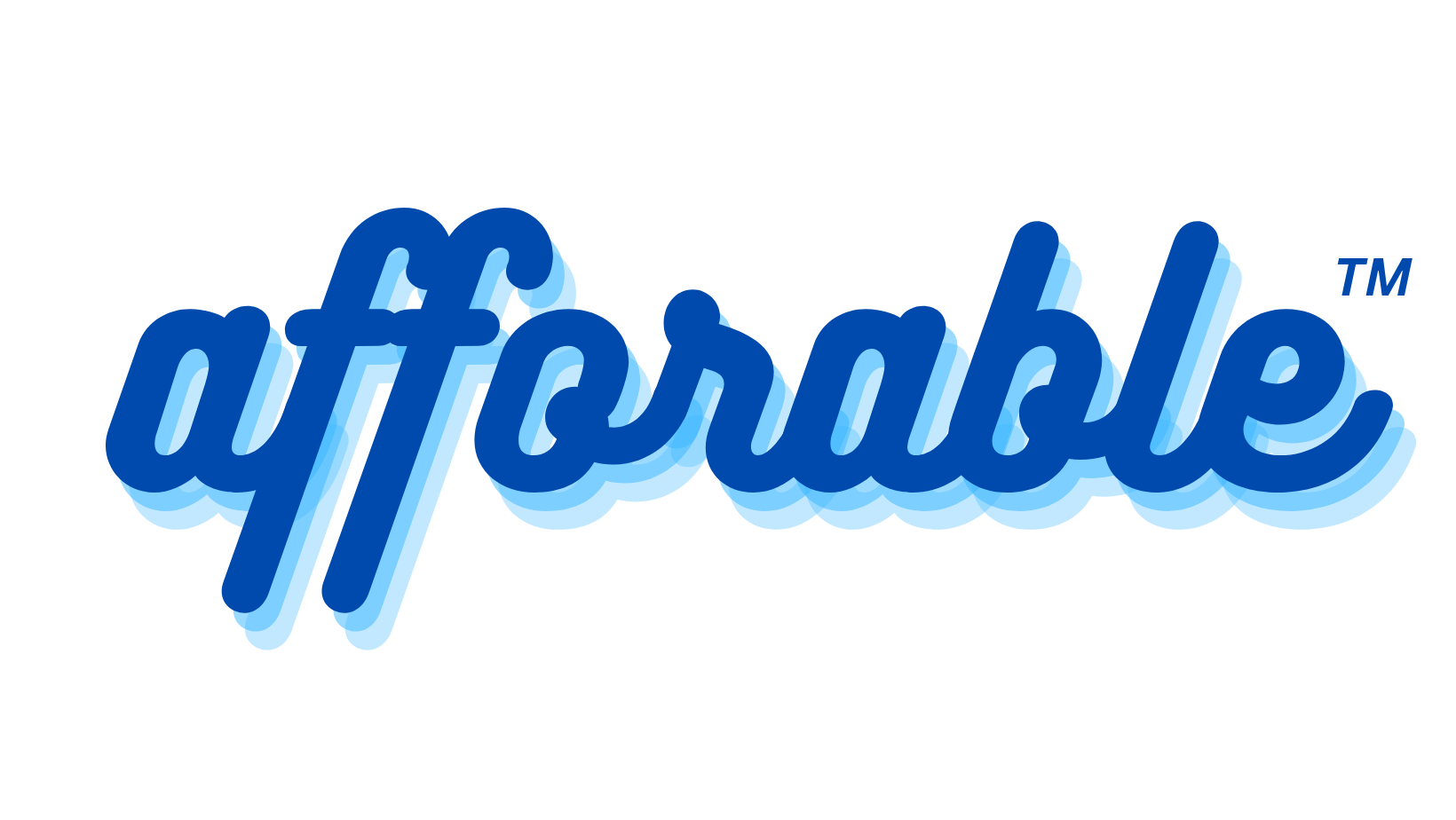The concept of providing free health insurance, often associated with universal healthcare or a single-payer system, has gained traction in recent years. This article explores the compelling arguments for why health insurance should be free, emphasizing the potential benefits for individuals and society as a whole.
1. Equal Access to Care
A primary argument for free health insurance is the principle of equal access to healthcare. When health insurance is available to all citizens without financial barriers, it ensures that everyone, regardless of their income or socioeconomic status, can seek necessary medical care. This promotes fairness and reduces health disparities.
2. Financial Security
With free health insurance, individuals and families gain a crucial layer of financial security. They do not have to worry about the exorbitant costs of medical treatment, allowing them to seek timely care without the fear of bankruptcy. This security enhances overall well-being and peace of mind.
3. Preventative Care
When health insurance is free, people are more likely to seek preventative care, leading to early detection and treatment of health issues. Preventative care can reduce the burden on the healthcare system by addressing problems before they become more severe and costly to treat.
- Reduced Administrative Costs
A single-payer system with free health insurance streamlines administrative processes. It eliminates the need for multiple insurance companies, reducing administrative overhead and paperwork. This, in turn, can lead to cost savings that can be reinvested into improving healthcare services.
- Lower Overall Healthcare Costs
Free health insurance can result in lower overall healthcare costs. With a single entity negotiating healthcare prices and focusing on cost-effective care, the healthcare system can become more efficient. This can lead to reduced waste, fewer redundancies, and more cost-effective treatments.
- Improved Health Outcomes
Universal health insurance often results in improved public health outcomes. When everyone has access to necessary healthcare, diseases can be managed, and public health crises can be addressed more effectively, benefiting the entire population.
- Economic Advantages
A free health insurance system can also have economic advantages. It can reduce the financial burden on employers who no longer need to provide health insurance to their employees, potentially leading to increased job mobility and economic growth.
Conclusion
The idea of free health insurance, often associated with universal healthcare, offers several compelling benefits, including equal access to care, financial security, preventative care, reduced administrative costs, lower overall healthcare costs, improved health outcomes, and potential economic advantages. While implementing such a system may require a reevaluation of funding and healthcare delivery, it is a concept worth considering as it aims to ensure that healthcare is a fundamental right accessible to all citizens, ultimately leading to a healthier and more equitable society.

